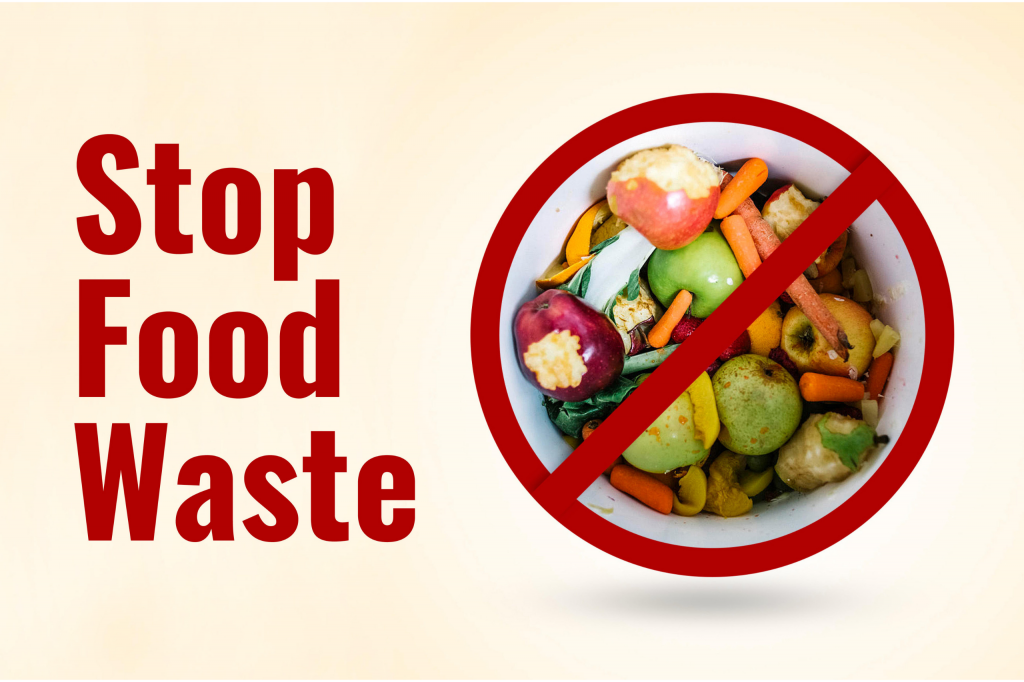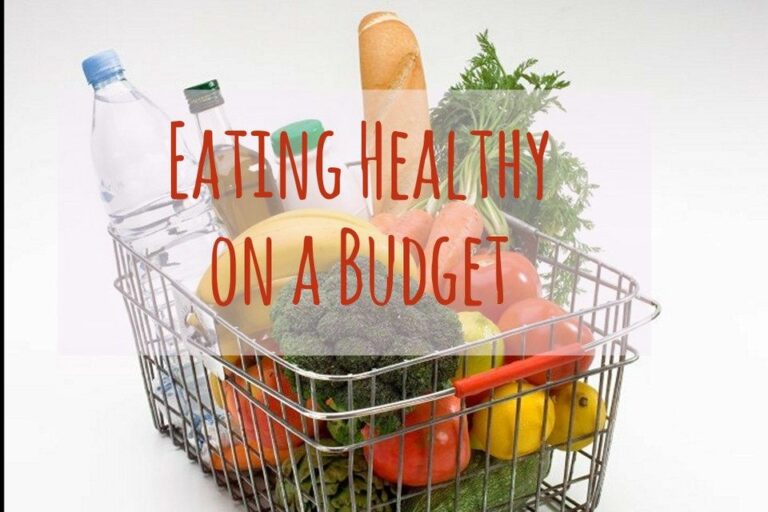Eating well does not have to be costly, as these four easy tips show. Many people have the opinion that healthy eating is the preserve of the wealthy but really? Anyway, it is possible to eat perfectly keeping the prices halfway down with the help of several tips. If only for a student, a heavily spirited parent or someone who wants to reduce their expenditure at the kitchen these tips will go a long way in ensuring that the right choices at the right prices are made to ultimately support a healthy life. Here’s a breakdown of how eating a healthy meal can be done while being cheap with a little planning, ideas, and shopping prowess.
Why Strategies for Health Eating While on a Budget Is Important
Every person hears that consuming healthy food is good as in, for energy levels, focus, and overall well-being down the line. Occasionally is even easy a similar when money appears to be the only problem. I don’t know why but it is rather peculiar how it doesn’t necessarily have to be costly in many instances if put to the right course. And within the over ailment there rises the advantage of the decrease in physician access and health expenses. There is nothing wrong with eating healthy on the cheap: not only does it help save your hard earned money, it is also great for your body.
Plan Ahead: The Secret to Saving Money
Planning ahead when intending to consume healthy food is one of the best ways to cut costs. This is because planning meals prevents one from making impulsive buyings, reducing food wastage, and having healthy meals at hand, hence saving money to eat healthy.
How to Create Your Grocery List and Stick to It
The simple grocery list will make all the difference. The another it saves you from being distracted by your eyes seeing what your pocket is unable to touch hence no unnecessary purchases. Prepare a weekly menu and jot down the foods and nutrients with their corresponding requirements only. This way, it will be easier to avoid expenditure on matters that would otherwise would have been disposed off.
Buy Fresh Produce – During the appropriate season and whenever certain produce are in season within a given country.

Not only will you be spending less, but there is no doubt that the produce in season tastes better. You can purchase fresh fruits and vegetables, at a comparatively low price from the farmers’ market near your home. This is a good way to save some buck for oneself while supporting the local farmers.
Buy in Bulk for Long-Term Savings
You are likely to save heavily on your grocery budget when you buy in bulk, especially for items like grains, pasta, legumes, and nuts. You may spend a little more for front-end provision of a large quantity, but you will save much in the long run.
Best Budget-Friendly Bulk Items

Rice, oats, beans, lentils, and flour are some of the smartest buys in bulk. All of these foods cost less than $1.50 a serving; are very versatile, which is great because you can make so many different meals from each item; and have an adequate shelf life-meaning they’ll last you a long time before you have to re-up.
Choose Nutrient-Dense, Affordable Foods
When on budget, select the most nutritionally robust food for your money. You can lean toward whole foods: veggies, fruits, whole grains, and lean proteins. Healthy, and often cheaper, than their processed relatives.
Top Affordable Superfoods
Believe it or not, supercharging your health does not require expensive, high-dollar products. Eggs are, for instance, a superfood with nutritional value and may be used in more dishes than you think you might. Sweet potatoes and spinach are other basic and nutritious superfoods. Then there are the beans that help to keep your eating healthy and versatile in dishes.
Cook at Home: Save Money and Eat Healthier
Yeah, it is easy to eat out but will quickly add up. With home cooking, you get control over ingredients, portion sizes, and the overall quality of food made-which would generally have better health benefits and quite a savings, too.
Quick and Easy Meal Prep Hacks for Busy People
If you are crunched on time, then meal prepping may save it for you. This is by cooking large portions and freezing them in individual portions. You will be saving your time, especially for those who always end up ordering costly takeout when they lack energy to cook.
Save Food from Wastage: Get the Most out of What You Buy

However, one of the biggest hidden costs in our food budget is waste. That is, if you often end up throwing away food that has gone bad, then it is high time to start getting creative while reducing leftovers.
Some Good Ideas on Leftover Repurposing
You don’t have to waste leftovers to be boring. Turn last night’s roast chicken into today’s sandwich or salad. Think you have extra veggies? Throw them into a stir-fry or omelet. Along the road to repurposing and stretching your food, you save money.
Cut Processed Foods: A Budget Basher
They are usually more expensive and low in nutrients. They also incur several hidden costs: loads of additives and preservatives that may affect your health.
Smart Substitutions for Costly Ingredients
You do not have to spend much on expensive ingredients in order to prepare delicious dishes. Instead, for example, use brown rice instead of expensive quinoa. Replace expensive pieces of meat by using plants, beans or lentils as protein alternatives. These little changes will make a huge difference in your budget without sacrificing flavors.


